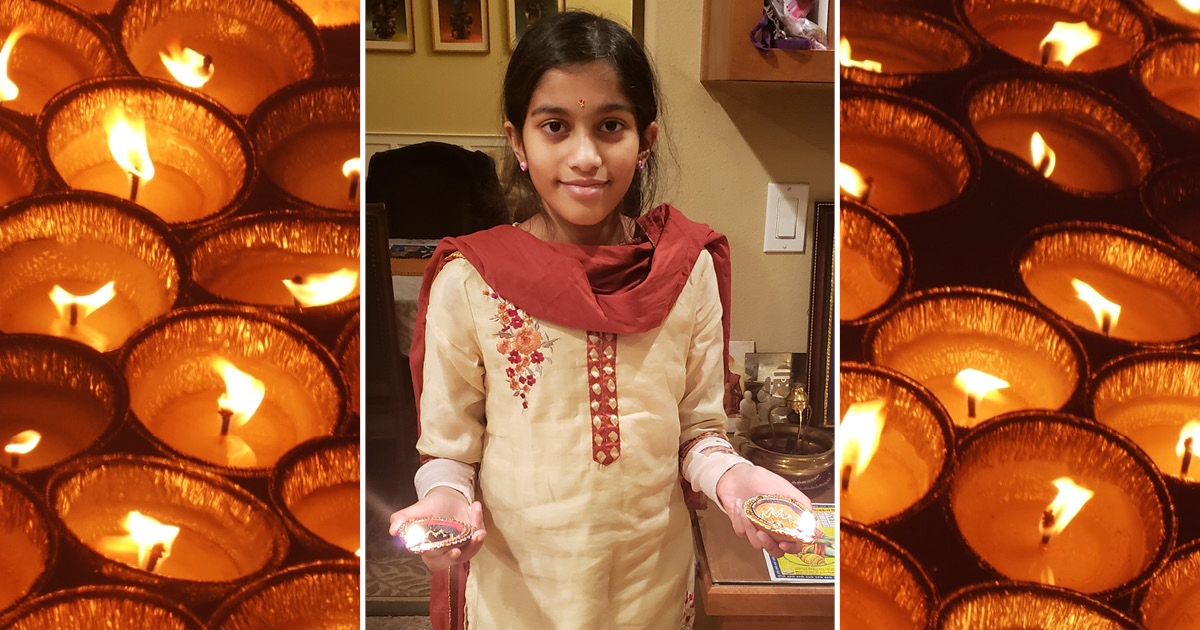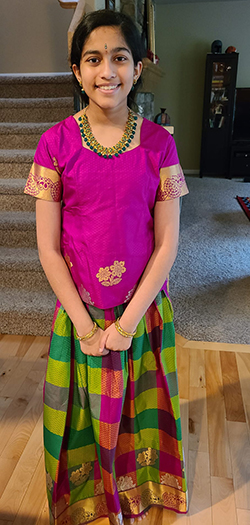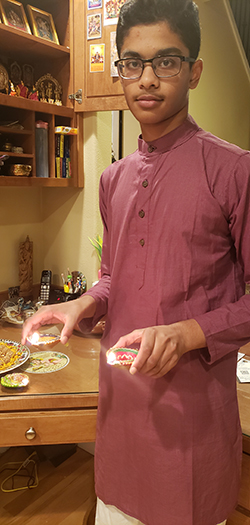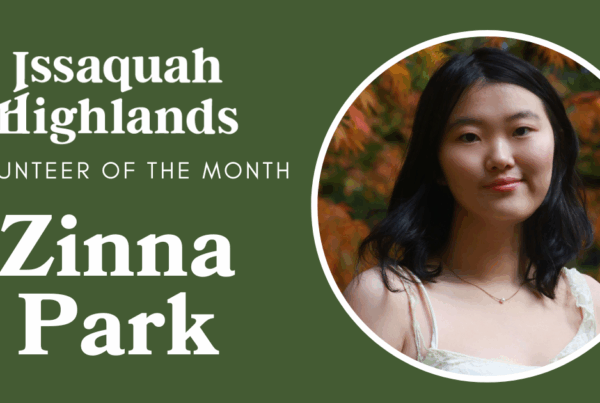
Diwali (also known as Deepavali) is a traditional Indian festival celebrated by Indians all over the world. The festival (celebrated on Nov. 4 this year) gets its name from the row of clay lamps (deepas or diyas) that Indians light outside their homes to symbolize the inner light that protects them from darkness.
The festival also signifies the victory of good over evil. There are various stories about the origin of Diwali, the two most popular being about the god-king Rama’s return home and the demon Narakasura’s death at the hands of Satyabhama, the wife of Lord Krishna. Because India is such a diverse country with varied customs and traditions, you may hear different variations of these stories in different households. There is unity in diversity, so even though Indians may celebrate differently, Diwali’s fundamental concept of dispelling the darkness of ignorance, and the triumph of righteousness over evil intent, remains the same.
For me, Diwali has always been about spending time with friends and family, having fun, and sharing snacks and sweets. The celebration starts before sunrise as we wake up early, have an oil bath, put on new clothes, then perform a morning puja (a worship ritual). Being the festival of lights, for Diwali, our entire house lights up with diyas. We invite friends and relatives over for a get-together. At night, we go to a nearby temple where we can light firecrackers as a community event.
Last year, we celebrated Diwali by joining a big Zoom call with our family, however this year, one of my relatives passed away, so we will not celebrate. It is a tradition not to celebrate any festival for an entire year in memory of the deceased; instead, we focus on donating to the poor and needy.
As the whole world slowly comes out of the darkness from the impact of the COVID-19 pandemic, I hope this Diwali dispels fear, destroys COVID-19, and brings hope and joy to everyone.

Akshadha wearing traditional South Indian attire.

Akshadha’s brother, Ashwath, holding diyas.
Photo (top): Akshadha holding diyas and wearing traditional North Indian attire.
Akshadha Seshamani is an eighth-grader, a member of the Highlands Youth Advisory Board, and an Issaquah Highlands resident. All photos provided by Akshadha Seshamani.





